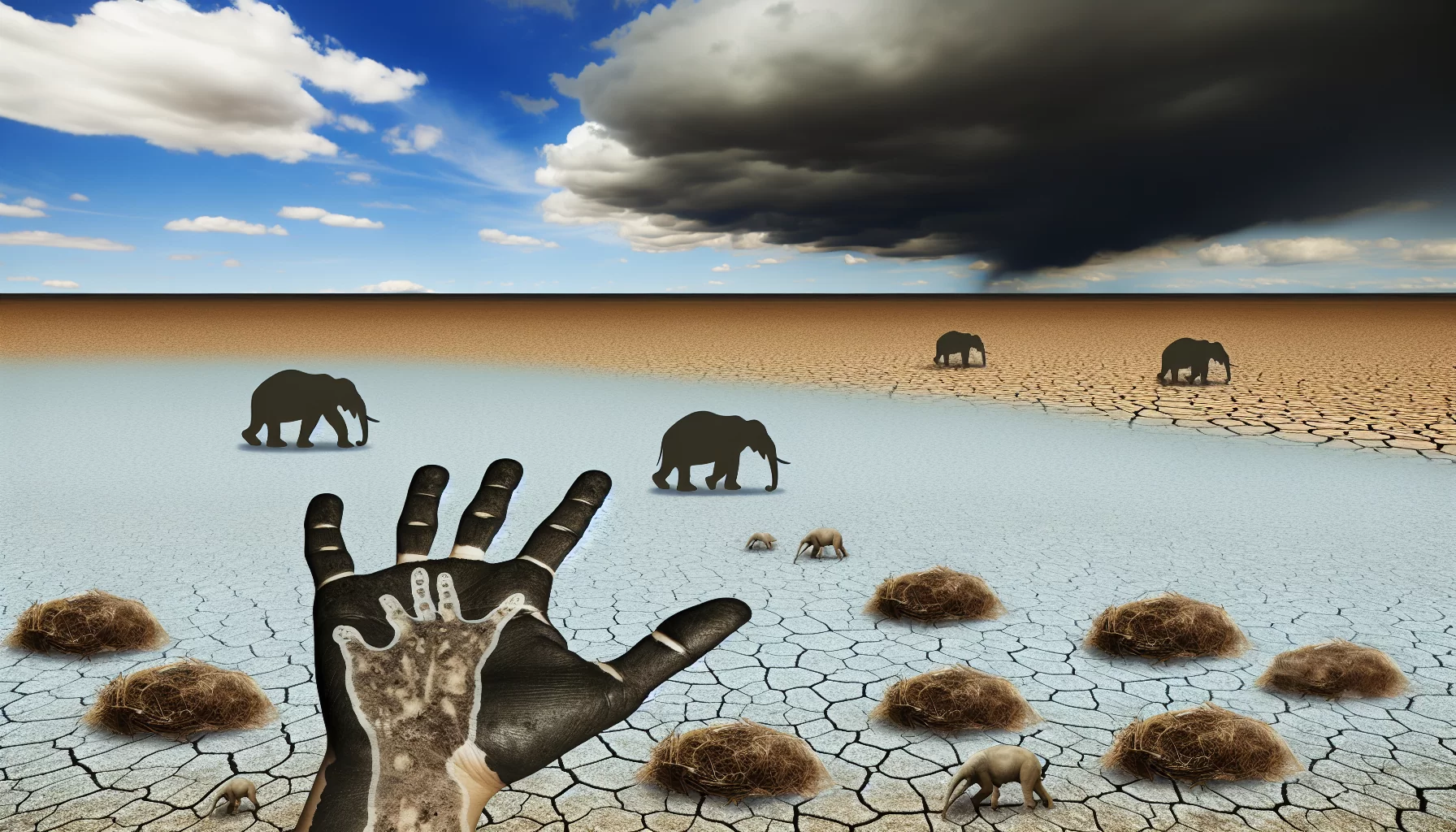
A recent study has shed new light on this topic, pointing the finger more directly at human activity as the major cause of this mass extinction.

A rare species of ray has been declared extinct after an assessment by an international team led by Charles Darwin University.

Earth's amphibians are being pushed closer to the brink due to habitat destruction, disease and climate change, with 41% of species now threatened with extinction.

Mounting evidence is pointing to the world having entered a sixth mass extinction. If the current rate of extinction continues we could lose most species by 2200.

Defined as the largest animals in the oceans, with a body mass that exceeds 45kg, examples include sharks, whales, seals and sea turtles - threatened marine megafauna, is facing extinction and we will face consequences.

A Caribbean island once full of lush trees and teeming with wildlife is nearly completely deforested and undergoing a mass extinction event. More than half of the country's species predicted to be gone by 2035.

Populations of mammals, birds, fish, reptiles, and amphibians have, on average, declined in size by 60 percent in just over 40 years.

Climate change is massively affecting the tiny creatures in Luquillo rainforest on the island of Puerto Rico in the Caribbean region. 98 per cent fewer insects are found there since the 1970s.

A group of industrial chemicals humans started banning decades ago could cause many of the world’s orca whale populations to collapse over the next century, an alarming new study has found.

A series of reports compiled by nearly 600 scientists meeting in Columbia paint a grim picture of the world at the end of the century, with human activities driving the sixth mass extinction in Earth’s history.

Human’s impact on nature is unmistakable, from vast swaths of lost forest to heaps of trash on beaches. Before these species go extinct one photographer is trying to document these species facing the struggle before it’s too late.

The total flying insect biomass decreased by more than 75 percent over 27 years in protected areas, according to a study .

Two vertebrate species go extinct every year on average, but few people notice..

A new report from the WWF reveals that planned infrastructure projects throughout Southeast Asia could devastate wild tiger populations.

The latest report from the United Nations found that the damage we are doing is occurring at a much more rapid pace than previously thought, to such an extent that we are degrading the environment quicker than it can recover.